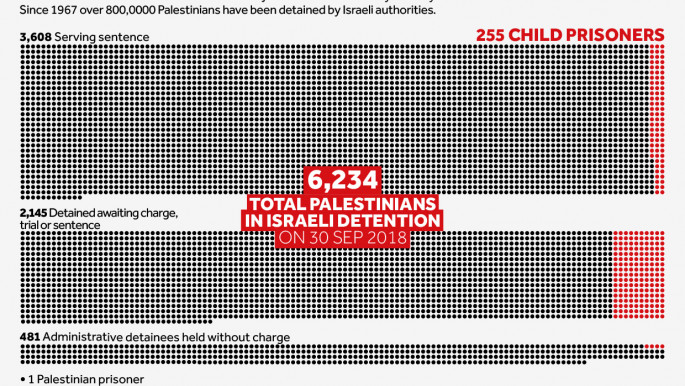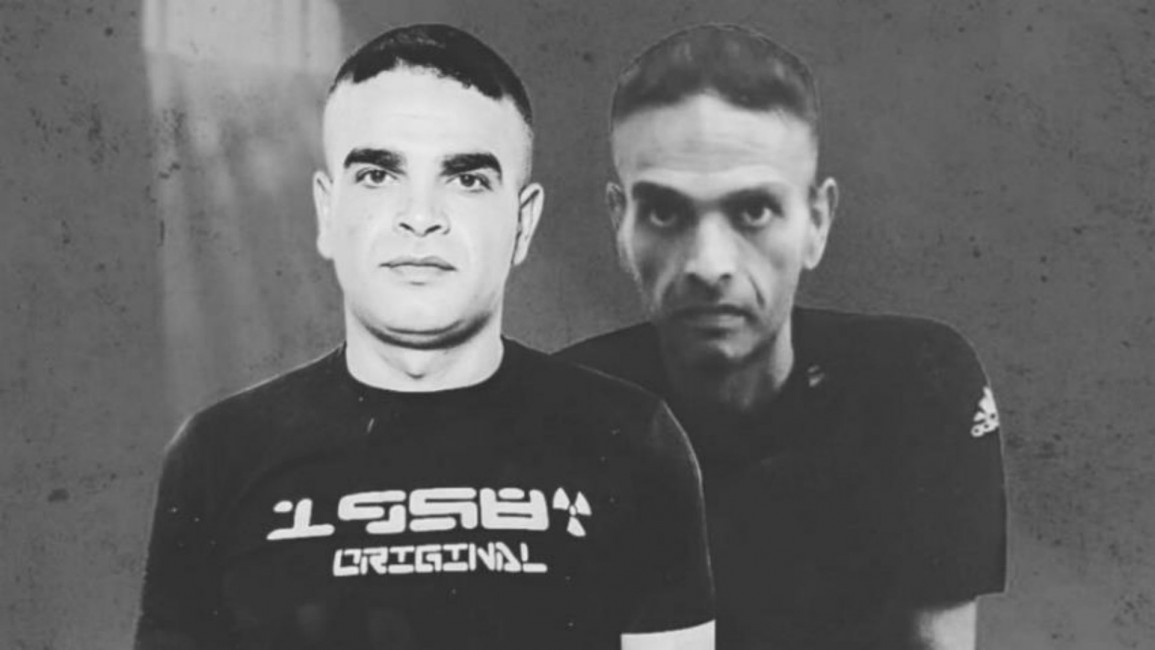Family of Palestinian prisoner who died of cancer in Israeli prison plead to bury body
The family of a Palestinian prisoner who died of cancer last month is calling on human rights groups to pressure Israel to release his body for a burial.
Sami Abu Diyak, 36, died late November as a result of medical negligence to deal with intestinal cancer.
He was handed a life sentence in 2002 after he was convicted for killing three people during the Second Intifada.
In a meeting with the deputy mayor of occupied Jenin, Abu Dyak's fater Ahed called for more action to be taken to pressure Israeli authorities to release his body.
Confiscating corpses is a widely condemned Israeli practice.
Just after his death, Hanan Ashrawi, a senior member of the Palestinian Liberation Organisation, issued a searing condemnation of Abu Diyak's death, calling on Israel to take responsibility for its actions.
Abu Diyak is the 222nd Palestinian prisoner to die as a result of medical negligence since 1967, more than a third of whom did so in custody, Ashrawi pointed out.
"Sami is the latest victim of Israel's reprehensible policy of medical negligence against Palestinian prisoners, who also endure other grave violations of human rights and war crimes at the hands of their Israeli jailors, including torture," she said in a statement.
"Israel's notorious and well-documented mistreatment of Palestinian prisoners, including minors, is morally, legally, and politically bankrupt. It fails to meet any of its obligations under international law and it flaunts its defiance of the UN-set minimum standards required for treating prisoners with abject disregard for Palestinians' humanity," she added.
Making it 'legal' to confiscate Palestinian corpses
Last March, Israeli lawmakers passed a controversial bill allowing police to hold the corpses of alleged Palestinian assailants indefinitely.
The act was passed by 48 votes to 10, a Knesset statement said, hours after another measure permitting the interior minister to strip Palestinians in occupied East Jerusalem of their permanent residency permits "if they are involved in terrorism".
The government announced in 2016 that it would not release for burial the bodies of Palestinian assailants killed during attacks unless Palestinians in Gaza released the remains of two Israeli soldiers believed to have been killed in a 2014 war in Gaza.
Palestinians denounce Israel's tactic of holding corpses as inhumane, saying it is a form of psychological warfare and collective punishment.


![President Pezeshkian has denounced Israel's attacks on Lebanon [Getty]](/sites/default/files/styles/image_684x385/public/2173482924.jpeg?h=a5f2f23a&itok=q3evVtko)



 Follow the Middle East's top stories in English at The New Arab on Google News
Follow the Middle East's top stories in English at The New Arab on Google News


